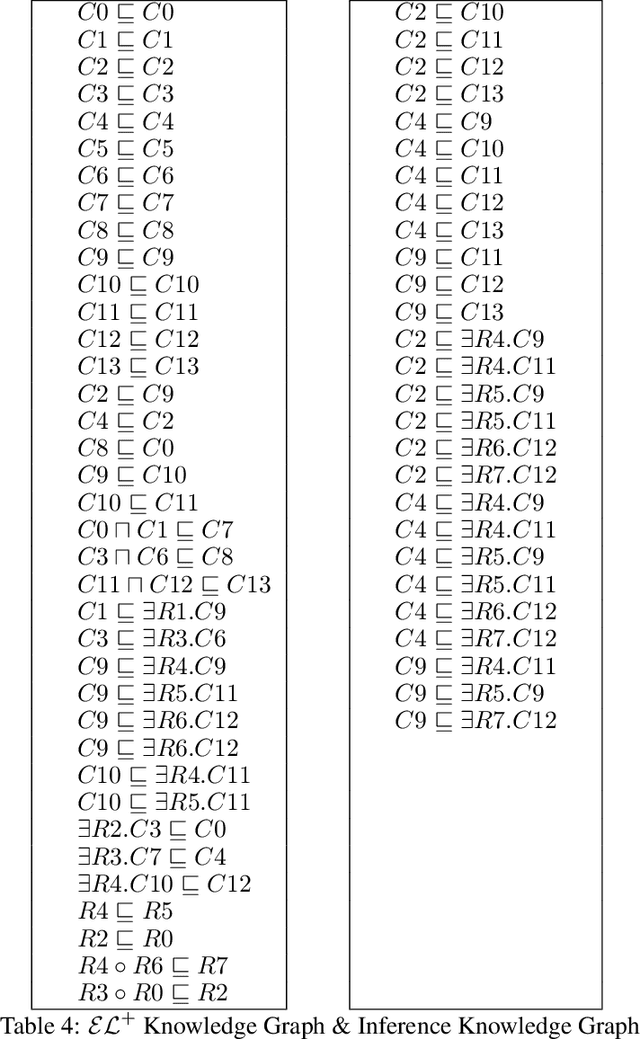On the Capabilities of Pointer Networks for Deep Deductive Reasoning
Paper and Code
Jun 17, 2021



The importance of building neural networks that can learn to reason has been well recognized in the neuro-symbolic community. In this paper, we apply neural pointer networks for conducting reasoning over symbolic knowledge bases. In doing so, we explore the benefits and limitations of encoder-decoder architectures in general and pointer networks in particular for developing accurate, generalizable and robust neuro-symbolic reasoners. Based on our experimental results, pointer networks performs remarkably well across multiple reasoning tasks while outperforming the previously reported state of the art by a significant margin. We observe that the Pointer Networks preserve their performance even when challenged with knowledge graphs of the domain/vocabulary it has never encountered before. To the best of our knowledge, this is the first study on neuro-symbolic reasoning using Pointer Networks. We hope our impressive results on these reasoning problems will encourage broader exploration of pointer networks' capabilities for reasoning over more complex logics and for other neuro-symbolic problems.
 Add to Chrome
Add to Chrome Add to Firefox
Add to Firefox Add to Edge
Add to Edge